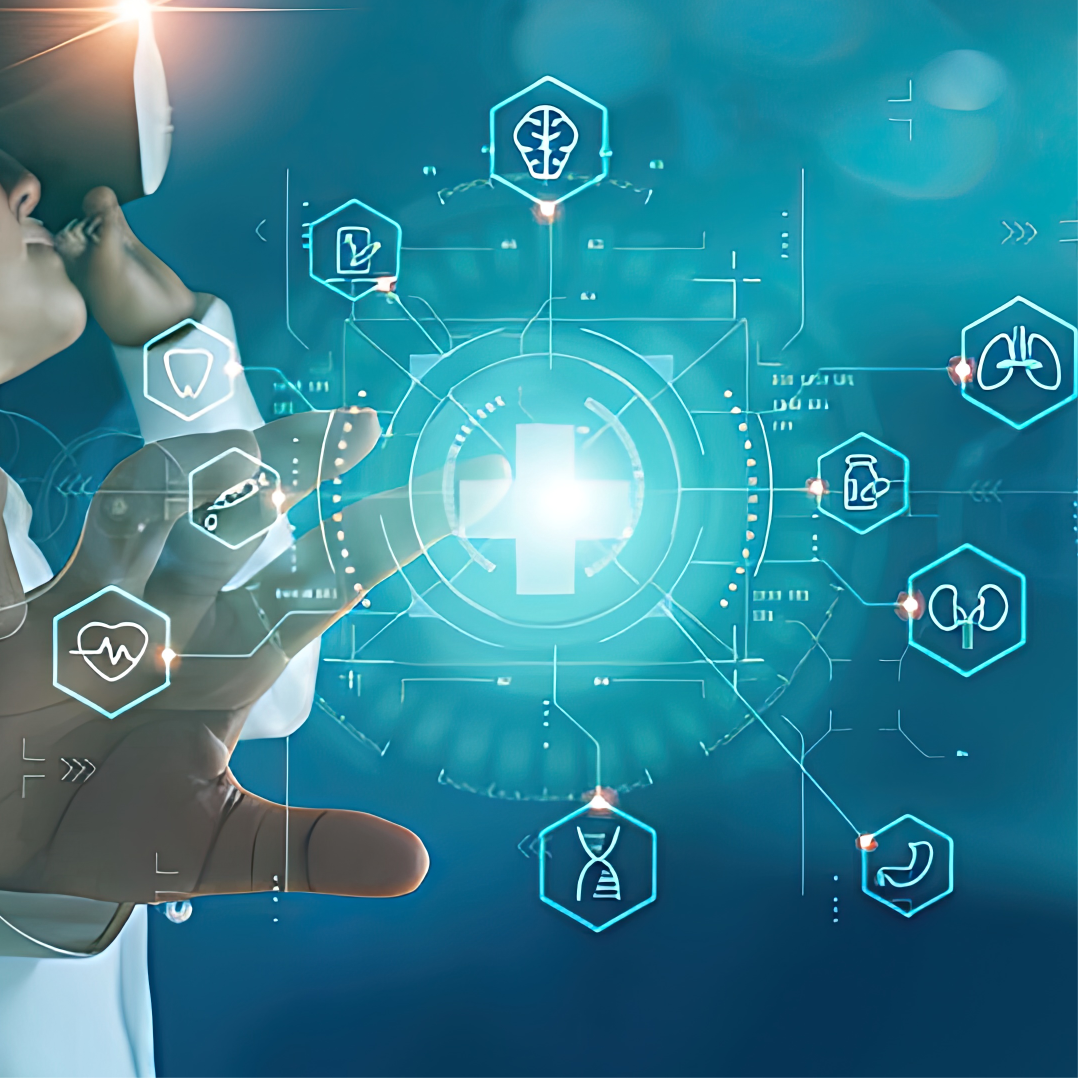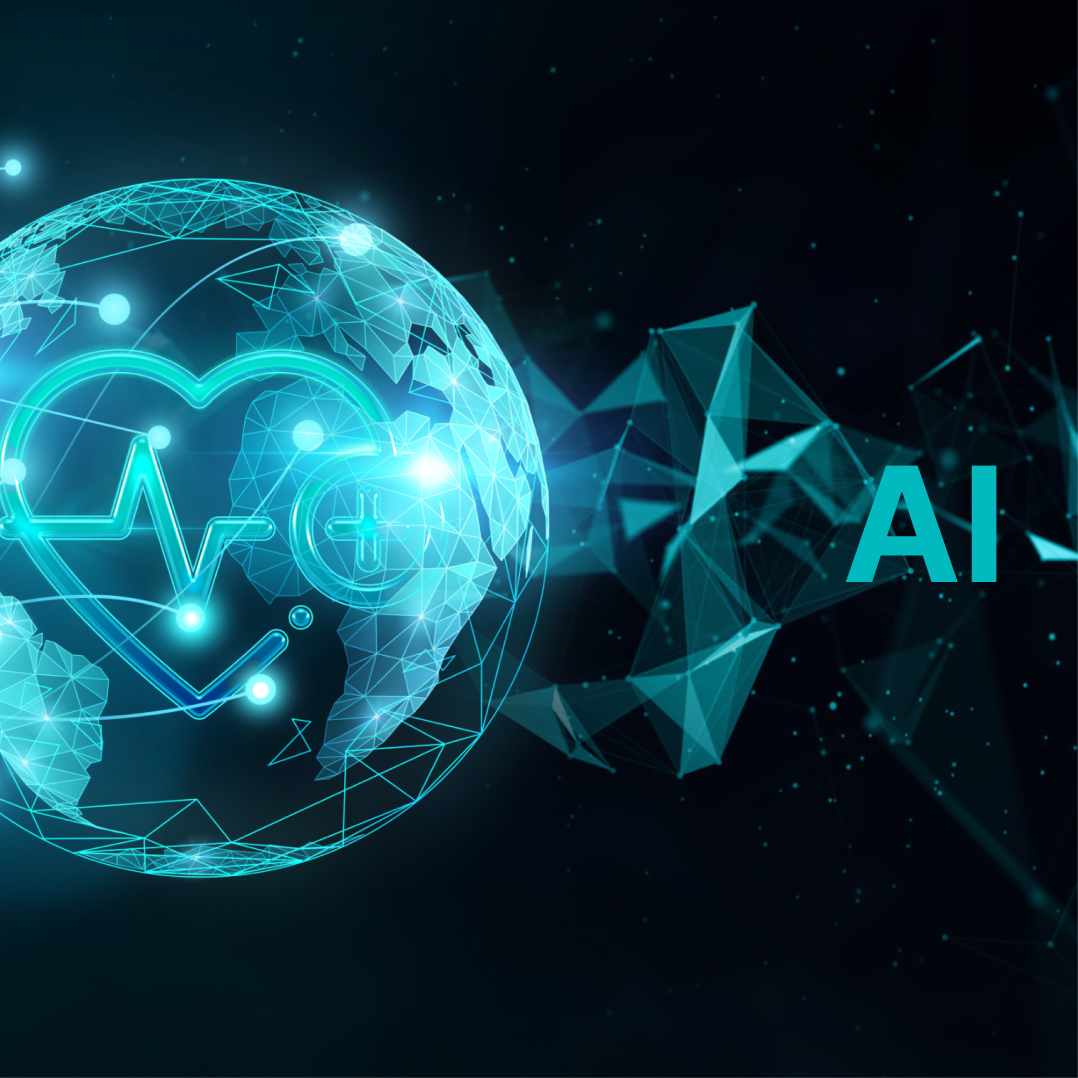The healthcare industry is undergoing a remarkable transformation, thanks to the growing adoption of artificial intelligence (AI). From enhancing patient outcomes to streamlining operational efficiency, AI is playing an increasingly critical role in shaping the future of healthcare. By 2025, the integration of AI will drive more personalized care, innovative treatments, and improved decision-making across the globe.
The Growing Importance of AI in Healthcare
AI in healthcare is not a distant future; it’s already changing the landscape today. Healthcare providers are utilizing AI-driven tools to analyze vast datasets, detect diseases early, and improve patient outcomes. The AI in healthcare future includes applications like predictive diagnostics, personalized treatment plans, and real-time patient monitoring.
By automating repetitive tasks, AI frees up healthcare professionals to focus on providing more individualized care. This is particularly beneficial for resource-constrained hospitals and clinics, where the efficiency gained can significantly impact both patient and operational outcomes.
AI Enhancing Diagnostics and Decision-Making
AI’s ability to interpret medical data, from imaging results to patient histories, is revolutionizing diagnostics. In fields like radiology, AI-powered systems assist doctors in identifying diseases earlier and with greater accuracy. As AI tools become more sophisticated, their role in improving diagnostic precision will only grow.
The AI 2025 healthcare landscape will see a rise in predictive analytics. AI models can assess patient data and predict potential health risks long before symptoms manifest. This allows for earlier intervention and treatment, potentially saving lives. Moreover, AI’s predictive capabilities can help reduce the strain on healthcare systems by preventing hospital readmissions.
Personalized Medicine and AI
AI is central to the rise of personalized medicine, a field that tailors treatments to individual patients based on their genetic makeup, lifestyle, and medical history. By analyzing this data, AI can recommend treatment plans specific to each patient’s needs, increasing the effectiveness of therapies and reducing side effects.
By 2025, AI’s role in personalized care will be even more prominent. AI-powered platforms will continuously assess patient data to optimize treatment plans in real-time. This ability to adjust care on the go ensures that patients receive the most effective and timely interventions, improving overall healthcare outcomes.
Remote Healthcare and AI-Driven IoT Solutions
The Internet of Things (IoT) combined with AI is set to make remote healthcare more accessible by 2025. Wearable devices and smart sensors are already being used to monitor patients’ vitals in real-time. As these technologies evolve, they will further empower patients to manage chronic conditions from home, reducing the need for frequent hospital visits.
AI-driven IoT applications are transforming healthcare delivery, enabling real-time monitoring and faster interventions. The AI in healthcare future holds a promise of better access to care for patients in remote areas, minimizing healthcare disparities and improving quality of life for those who need constant monitoring.
AI in Drug Development and Research
One of the most exciting AI predictions for healthcare by 2025 is its role in accelerating drug development. AI algorithms can sift through massive datasets, identifying potential drug candidates faster than ever before. This not only speeds up the research process but also reduces the cost of bringing new treatments to market.
In the coming years, AI will continue to shape drug discovery by predicting how new drugs will interact with various diseases, enabling pharmaceutical companies to innovate more quickly. This shift could lead to more effective treatments for conditions that currently have limited options, like certain cancers and genetic disorders.
Predictions for AI in Healthcare by 2025
Here’s what we can expect from AI 2025 healthcare innovations:
AI in Early Diagnostics: AI will help healthcare providers detect diseases earlier, improving treatment outcomes and reducing mortality rates. By 2025, AI will become a standard tool in diagnosing illnesses like cancer and heart disease.
AI-Enabled Remote Surgeries: Robotic surgery will become more advanced, with AI enabling surgeons to perform operations remotely, breaking geographical barriers in healthcare.
AI for Predictive Healthcare: Predictive analytics will allow healthcare providers to forecast patient needs and streamline care delivery. This technology will be particularly useful in managing chronic conditions, where early intervention can prevent costly complications.
AI in Virtual Assistants: AI-powered healthcare assistants will become more commonplace, offering 24/7 support for patients and helping medical professionals manage workflows efficiently.
Why Businesses Should Invest in AI for Healthcare
For businesses in the healthcare sector, investing in AI technologies is not just an option—it’s a necessity. AI can streamline operations, enhance decision-making, and improve patient care, giving healthcare providers a competitive edge. The AI in healthcare future is filled with opportunities for those who adopt these technologies early.
At Ashconn, we understand the growing demands in the healthcare industry and how AI can revolutionize patient outcomes. Our AI-driven solutions help healthcare organizations optimize their workflows, from diagnostics to patient monitoring. Ashconn’s innovative approach ensures that your operations remain efficient, secure, and compliant with evolving healthcare standards.
Moreover, AI-driven tools can help healthcare organizations maintain compliance with increasingly strict data security regulations. As concerns around patient privacy grow, Ashconn’s AI systems can manage sensitive information securely and efficiently, mitigating risks associated with data breaches.





